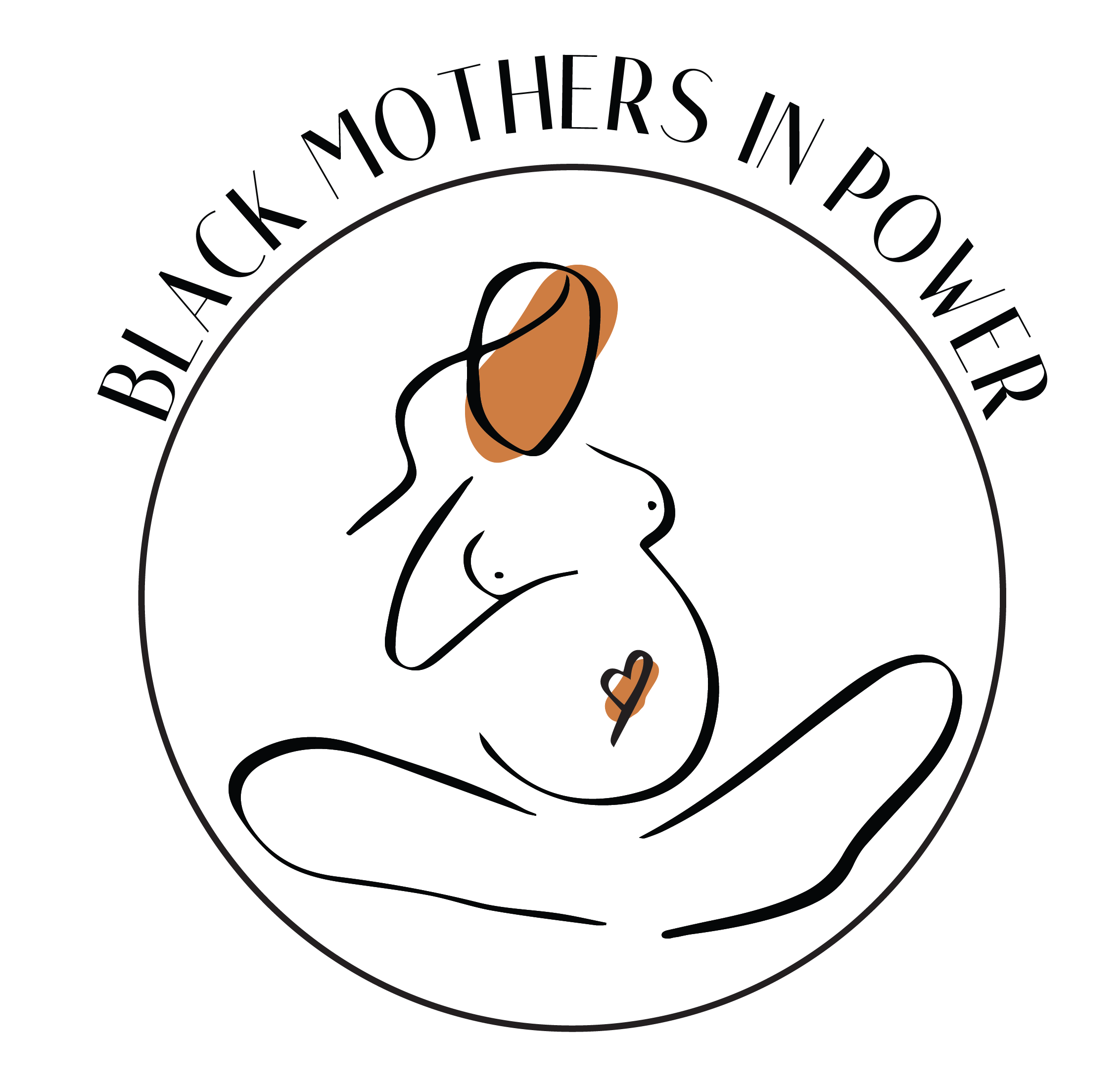House Bill 342
For immediate release
June 1, 2022
Black Mothers In Power (BMIP) is a nonprofit focused on addressing Black maternal healthcare in the state of Delaware. We strongly believe that incarcerated pregnant people have a right to dignified, safe, and high quality health care during their pregnancy and postpartum period.
Black Mothers in Power joins the American College of Obstetricians and Gynecologists, American Medical Association, National Commission on Correctional Health Care, Association of Women’s Health, Obstetric and Neonatal Nurses, and the United Nations Committee Against Torture in opposition the use of restraints on pregnant people.
The American College of Obstetricians and Gynecologists outline the risks of using restraints:
- Increases the risks of falling and breaking falls
- Impairs examinations, testing, and diagnosis required during pregnancy and postpartum. This includes during emergency situations, such as experiencing abdominal pain or vaginal bleeding.
- Increases the risk of pre-eclampsia and venous thrombosis, swelling
- Impairs ability to manage pain, successfully dilate the cervix, and to breastfeed and bond with the baby after delivery.
House Bill 342 would expand protections for incarcerated women to ensure that there are limitations on the use of restraints. Delaware law already prohibits the use of restraints on women who are giving birth or in labor except in limited circumstances. HB342 expands that protection to include women in the second or third trimester of pregnancy and those in the 13-week immediate postpartum period.
We believe the intentions of this bill are to improve the treatment of pregnant individuals by treating them with dignity and prioritizing their safety and the safety of their unborn child. However, we are concerned that this bill will not do enough to achieve those goals.
To best ensure the safety and dignified treatment of incarcerated pregnant individuals reflects the high quality standard of healthcare, we recommend the following amendments to HB342:
- Ensure that pregnant individuals are protected in the first trimester-- not just the second and third trimester. If the prison is aware of the pregnancy, it is essential the individual is protected from being restrained or at bare minimum extend data collection of restraints of all pregnant people (instead of just those in 2nd/3rd trimester).
- Ensure that restraints are not used during transportation, especially if there aren’t extraordinary circumstances. As currently written HB342 allows restraints to be used during transportation.
- Define “extraordinary circumstances”. According to the American Medical Association, there should only be two allowable circumstances: An immediate and serious threat of harm to herself, staff or others; or a substantial flight risk and cannot be reasonably contained by other means.
- Require training for prison staff and others handling and transporting incarcerated persons needing medical care or those dealing with pregnant people specifically.
- Require each incident of the use of restraints to be reported, investigated, reviewed, and filed by an independent body. Develop a plan on how institutions will be held accountable for shackling pregnant women without adequate justification after review of findings.

